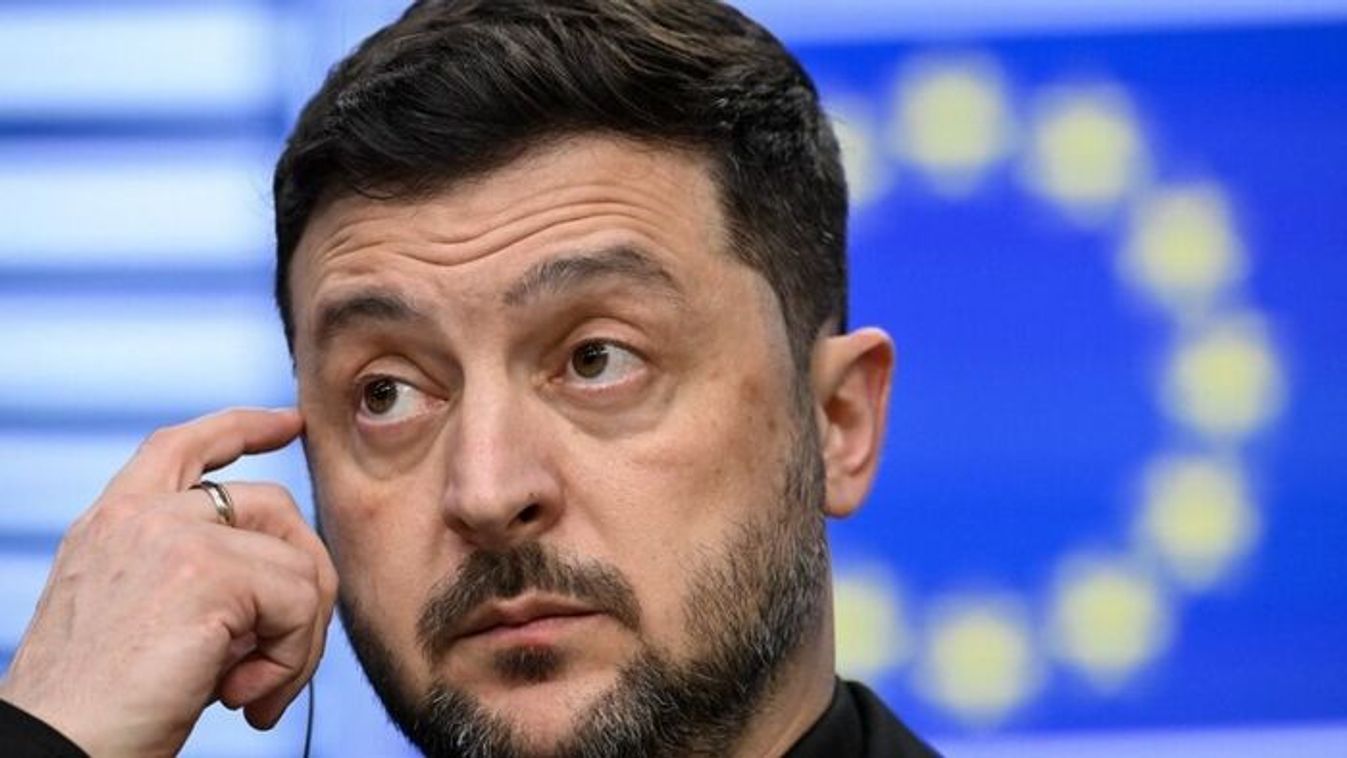How to Save the Euro
The solution to this conundrum was supposed to have been the Stability and Growth Pact, working in tandem with the so-called “no bailout” clause in the Maastricht Treaty. The latter was intended to impose market discipline, and the former, to preserve the stability of public finances by fixing a strict limit on the size of national budget deficits.
Both proved futile. The Stability and Growth Pact clearly did not prevent “excessive” deficits, and the no-bailout clause failed its first test when European leaders, facing the Greek crisis, solemnly declared on February 11 that euro-zone members would “take determined and coordinated action, if needed, to safeguard financial stability in the euro area as a whole.”
The failure to impose market discipline via the no-bailout clause was predictable: in a systemic crisis, the immediate concern to preserve the stability of markets almost always trumps the desire to prevent the moral hazard that arises when imprudent debtors are saved. But in September 2008, the United States government thought otherwise, and allowed Lehman Brothers to fail in order to impose market discipline. The disaster that followed illustrated the damage that an uncontrolled failure can produce.
Yet the lesson should not be that failure has to be avoided at all costs: applied to the case of Greece, this would mean that the pressure on the Greek government to adjust would evaporate. The alternative, instead, is to think ahead and prepare for failure!
A debtor’s strongest negotiating asset is always that creditors cannot contemplate default, because default would bring down the entire financial system. But market discipline can be established only if default is a true possibility. This is why it is crucial to create a mechanism to contain the cost – and thus minimize the unavoidable disruptions – resulting from a default.
This is the key aim of the Euro(pean) Monetary Fund (EMF), which Thomas Mayer and I have proposed, and which has been put on the Union table for discussion by German Finance Minister Wolfgang Schauble, among others. The EMF (or rather ESF, as some have dubbed it, for European Stability Fund) could manage an orderly default of an EMU member country that fails to comply with the conditions attached to an adjustment program.
We imagine a simple mechanism, modeled on the successful experience with Brady bonds. These were bonds issued by distressed Latin American countries in the early 1990’s as part of an arrangement to reschedule their international debts. US government securities provided collateral for them.
To safeguard against the systemic effects of a default, the EMF could offer holders of the defaulting country’s debt an exchange of this debt against claims on the EMF. Of course, debt-holders would be obliged to accept a uniform discount (or “haircut”) on what they are owed.
This would be a key measure to limit the disruption from a default. A default creates ripple effects throughout the financial system, because all debt instruments of a defaulting country become, at least upon impact, worthless and illiquid. But, with an exchange À la Brady bonds, the losses to financial institutions would be limited (and could be controlled by the choice of the haircut given to creditors).
In return for offering the exchange against a haircut, the EMF would acquire the claims against the defaulting country, which would then receive any additional funds from the EMF only for specific purposes that the EMF approves.
Other EU transfer payments would also be disbursed by the EMF under strict scrutiny, or they could be used to pay down the defaulting country’s debt to the EMF. Thus, the EMF would provide a framework for sovereign bankruptcy comparable to the procedures that exist in the US for bankrupt companies that qualify for restructuring.
How would the EMF finance its interventions? We propose to establish a common insurance fund with contributions proportional to the risk that each member country represents. Ideally, one should base the contributions on market indicators of default risk. But the very existence of the EMF would distort credit-default swap spreads and yield differentials among EMF members.
We therefore propose that contributions to the EMF should be based on member countries’ fiscal deficits and public debt levels, because both represent warning signs of impending liquidity or insolvency risk. The EMF could receive a levy that would be proportional to any fiscal deficit in excess of 3% of GDP and public debt in excess of 60% of GDP – the caps imposed by the Stability and Growth Pact. This levy would represent a sort of automatic fine, thus making the elaborate structure of the Pact redundant.
These two simple elements – orderly default and a financing mechanism – could resolve the current crisis within the euro zone: by creating a European Monetary Fund along these lines, the euro area would acquire an institution that could support member countries in difficulties, but that would also ensure that market discipline really worked.
The author is Director of the Centre for European Policy Studies.
© Project Syndicate 1995–2010








